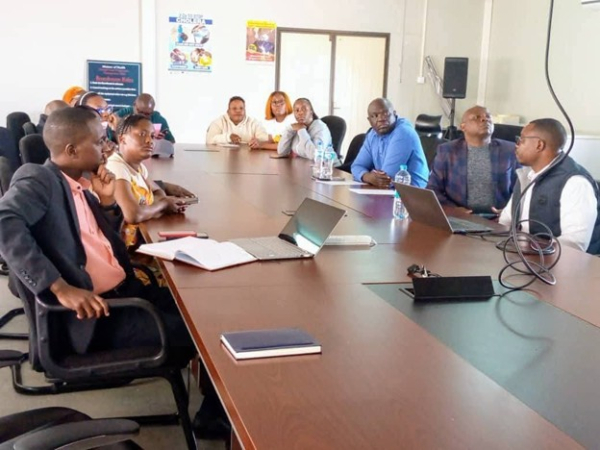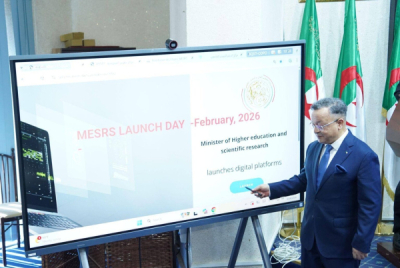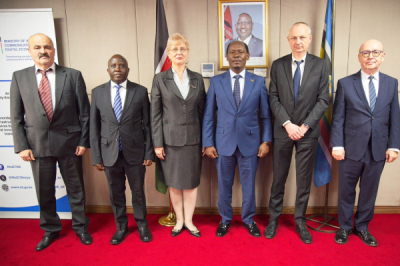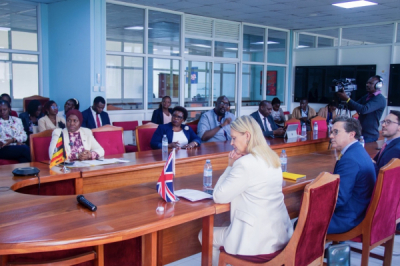The digital system will improve service delivery through more streamlined processes, increase transparency and accountability in record-keeping, and accelerate the shift from paper-based systems to modern digital infrastructure.
The e-Government Division of SMART Zambia Institute announced on June 20 that it is currently demonstrating its new SMART Office Management System at the Ministry of Health Headquarters. This marks a significant step in the government’s broader strategy to digitize public services and reduce reliance on paper-based operations.
Mr. Goodson Kamanga, Assistant Director for Administration at the Ministry of Health, expressed strong support for the system. He described it as a game-changer for the registry department, which manages vast amounts of data and documentation.
Developed by the Electronic Government Division (SMART Zambia Institute), the SMART Office Management System aims to enable fully functional electronic registries across all levels of government, beginning with the Ministry of Health. The system is designed to streamline document handling and record management from provincial to district levels, creating a centralized digital environment for efficient service delivery.
Mr. Gilcent Mwanakwampwe, Service Support Officer at SMART Zambia Institute, explained that Luapula Province has been selected as the pilot location due to its existing Government Wide Area Network (GWAN) infrastructure in most institutions. The demonstration highlights the solution’s scalability, with plans to expand its rollout to the Public Service Management Division (PSMD), the Ministries of Finance and Education, the National Archives, and several government commissions.
The SMART Office Solution is a key component of Zambia’s digital transformation agenda. It is expected to significantly reduce operational costs, with the government estimating savings of approximately K400 million annually in stationery expenses. Beyond cost savings, the system also addresses long-standing issues such as missing files, misclassification of records, and limited access to critical data.
The move aligns with the World Bank’s recommended priority actions for Zambia’s digital transformation, particularly the call to strengthen the institutional capacity of the government to protect consumers, safeguard data, and secure critical digital infrastructure.
By digitizing public services through initiatives like the SMART Office Management System Zambia is laying the groundwork for a more secure, efficient, and citizen-centric digital ecosystem. These efforts not only aim to improve service delivery and reduce costs, but also support the broader goals of building trust in e-government platforms, enhancing transparency, and ensuring long-term resilience in the face of emerging digital risks.
Hikmatu Bilali



















